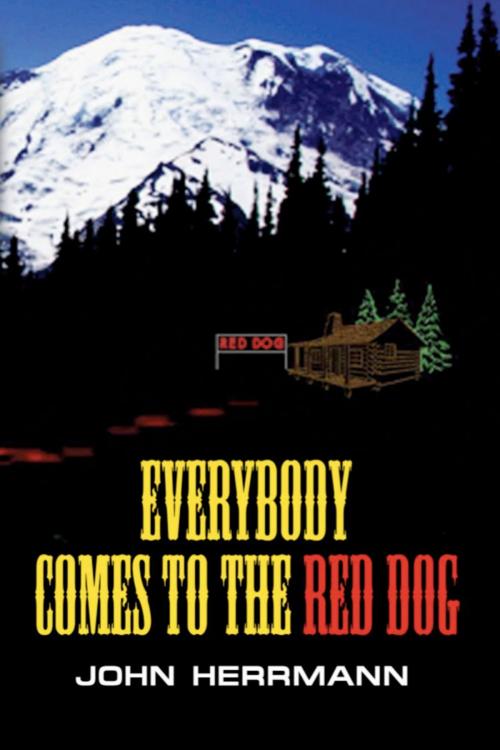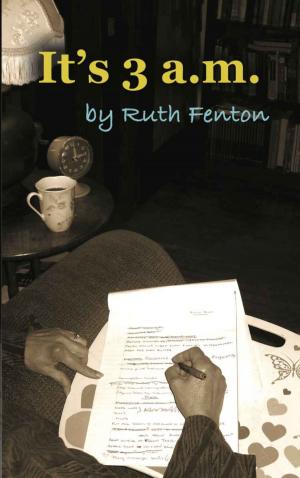| Author: | John Herrmann | ISBN: | 9781632631619 |
| Publisher: | BookLocker.com, Inc. | Publication: | June 1, 2014 |
| Imprint: | Language: | English |
| Author: | John Herrmann |
| ISBN: | 9781632631619 |
| Publisher: | BookLocker.com, Inc. |
| Publication: | June 1, 2014 |
| Imprint: | |
| Language: | English |
A series of disappearances and murders in a normally peaceful village in northwest Montana involves a professor of psychology, Dr. Madison Kanter, on sabbatical who, with others, link the local mayhem to the ordered execution of a major manufacturing executive, his wife and two daughters among the passengers on his company's corporate jet. That apparent sabotage is a catalyst for many brutal cover-up killings and is among the worst business-related crimes in recent memory.
The story is narrated by an accomplished young woman who is on leave from Columbia University, doing a study of life in a small mountain community. Her world is significantly altered when it becomes clear that anyone could become a victim of the killer or killers who have apparently entered Kootenai Falls, Montana. A central gathering place for many locals, the Red Dog Saloon, seven miles from town center, is the scene of meetings and discussions about what to do and how to do it, with characters invoked from the lovely Kendra, a public school teacher, to Laszlo Brzowski, an Auschwitz survivor who is also a major European literary figure. One death, thought to have been an accident, took out an important journalist working on the plane crash case. Others were overheard speaking as though they knew something the killers would like not to be known.
As the story progresses toward finding the perpetrators and finding evidence and witnesses to bring them to justice, everything moves quickly and there seems to be danger everywhere.
The narrative is also a study of small town life, from being cutoff from big city cultural events such as live classical music, jazz clubs, museums, and other aspects that were the center of Madison Kanter's life as a faculty member at Columbia University in New York City. It was, however, a change she sought because all too often if writing, music or painting or theater were not in Manhattan, Paris, London or Madrid, it could not be considered important. She wanted to bring out the richness of the alternative to city living.
She found that richness, and far more danger and brutality than she could ever have imagined.
A series of disappearances and murders in a normally peaceful village in northwest Montana involves a professor of psychology, Dr. Madison Kanter, on sabbatical who, with others, link the local mayhem to the ordered execution of a major manufacturing executive, his wife and two daughters among the passengers on his company's corporate jet. That apparent sabotage is a catalyst for many brutal cover-up killings and is among the worst business-related crimes in recent memory.
The story is narrated by an accomplished young woman who is on leave from Columbia University, doing a study of life in a small mountain community. Her world is significantly altered when it becomes clear that anyone could become a victim of the killer or killers who have apparently entered Kootenai Falls, Montana. A central gathering place for many locals, the Red Dog Saloon, seven miles from town center, is the scene of meetings and discussions about what to do and how to do it, with characters invoked from the lovely Kendra, a public school teacher, to Laszlo Brzowski, an Auschwitz survivor who is also a major European literary figure. One death, thought to have been an accident, took out an important journalist working on the plane crash case. Others were overheard speaking as though they knew something the killers would like not to be known.
As the story progresses toward finding the perpetrators and finding evidence and witnesses to bring them to justice, everything moves quickly and there seems to be danger everywhere.
The narrative is also a study of small town life, from being cutoff from big city cultural events such as live classical music, jazz clubs, museums, and other aspects that were the center of Madison Kanter's life as a faculty member at Columbia University in New York City. It was, however, a change she sought because all too often if writing, music or painting or theater were not in Manhattan, Paris, London or Madrid, it could not be considered important. She wanted to bring out the richness of the alternative to city living.
She found that richness, and far more danger and brutality than she could ever have imagined.















